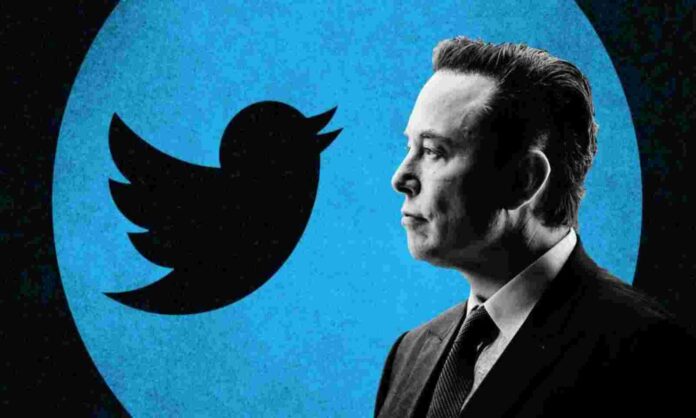Elon Musk has cancelled the deal of a $44 billion agreement to purchase social media platform Twitter. Tesla CEO Elon Musk said that he believed Twitter was in material breach of multiple provisions of the sale agreement including Musk’s request that the company share information about the number of fake and spam accounts on the social media platform but Twitter had not provided information that Elon Musk had requested notwithstanding his repeated, detailed clarifications intended to simplify Twitter’s identification, collection, and disclosure of the most relevant information.
When the case was filed, Musk’s lawyers said Twitter had failed or refused to respond to multiple requests for information on fake or spam accounts on the platform, which is fundamental to the company’s business performance. Musk also charged Twitter with allegedly failing to continue to conduct its regular business as a breach of the purchase contract.
Musk also claimed that Twitter breached their agreement by firing two key high-ranking employees, its revenue product lead and general manager of consumer, without his consent as required by their contract.
LEGAL PERSPECTIVE
Twitter board chair Bret Taylor tweeted that the company intends to pursue legal action to close the transaction. In a nutshell, the buyer or the seller may seek breach-of-contract money damages when the other party fails to complete the sale.
Either of the party should impose punishment under Section 74 in The Indian Contract Act, 1872 for compensation for breach of contract where penalty stipulated such as if a contract has been broken, a sum is named in the contract as the amount to be paid in case of such breach or if the contract contains any other stipulation by way of penalty, the party complaining of the breach is entitled to damage, only if the actual damage is caused is proved to receive from the party who has broken the reasonable contract and receive compensation not exceeding the amount mentioned in the contract or the penalty stipulated as per loss suffered.
At the time of termination of the merger agreement, none of the provisions of the Merger Agreement shall be of any further force or effect as of such time, including, without limitation, provisions of the Merger Agreement which by their terms would otherwise have survived the termination of the Merger Agreement.
Delaware courts, where the dispute between the two sides is set to be litigated, have set a high bar for acquirers being allowed to abandon their deals. But target companies often choose the certainty of a renegotiated deal at a lower price or financial compensation rather than a messy court battle that can last for many months.






